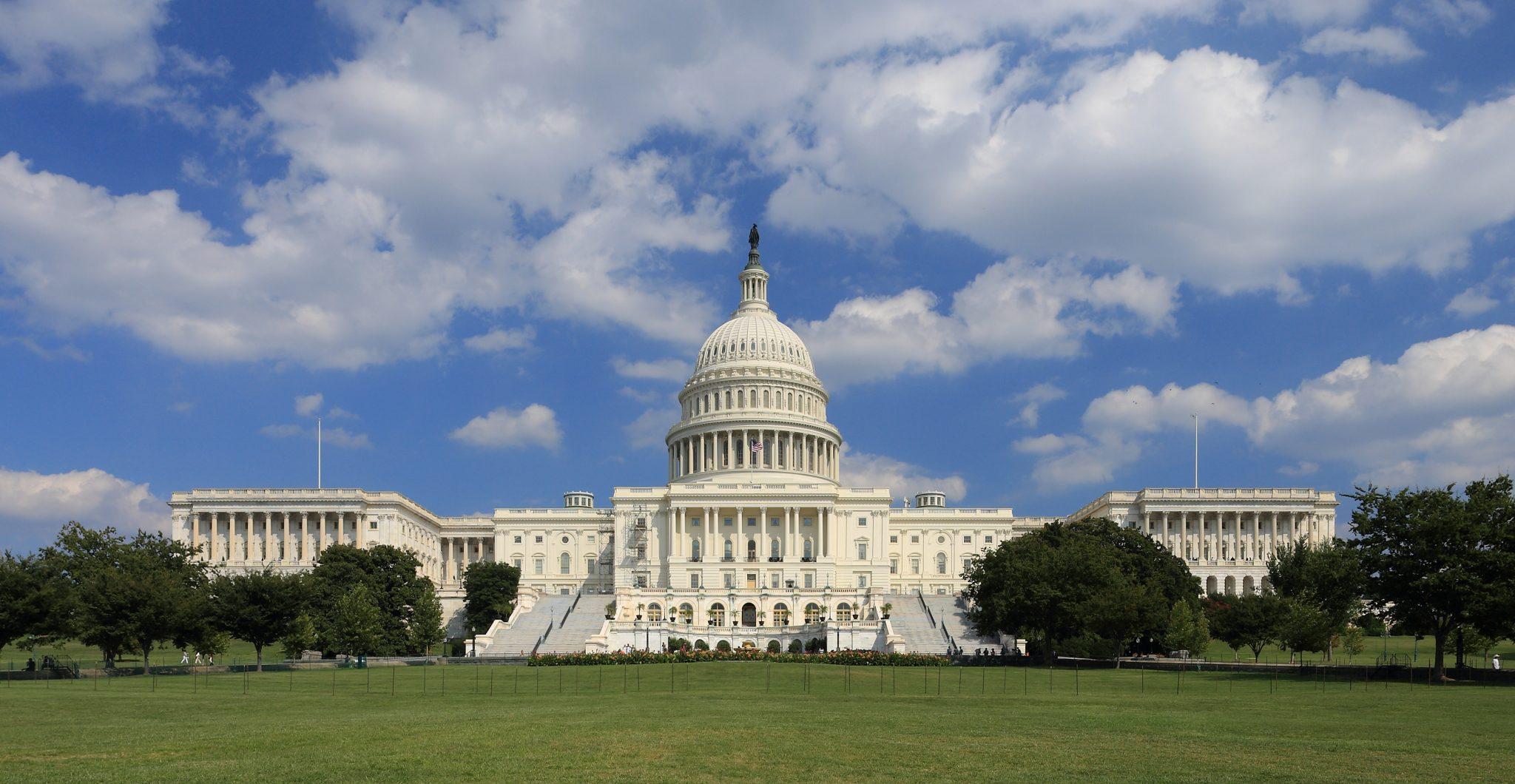As has been much reported in the press and as Pitta & Baione LLP has previously communicated, on February 15 of this year, 9/11 Victim Compensation Fund (“VCF”) Special Master Rupa Bhattacharrya announced that the VCF immediately would begin implementing drastic reductions to any awards issued to claimants: awards issued for claims submitted on or before February 1, 2019 would be reduced by 50%, and awards issued for claims submitted on or after February 2, 2019 would be reduced by 70%. This devastating policy change was necessitated by a funding shortage, and the VCF took this action in an attempt to ensure that some funds were available for the greatest number of claimants as possible.
Prior to the announcement of the cuts, advocates in the 9/11 community had been already been preparing for a lobbying campaign to urge Congress to extend the VCF, which is set to expire on December 18, 2020. With the implementation of the VCF reductions, that lobbying campaign was promptly set in motion. Corrective legislation–entitled the Never Forget the Heroes Act–was introduced in the House of Representatives, by Representatives Carolyn Maloney (D-NY), Jerrold Nadler (D-NY), Peter King (R-NY), and the United States Senate, by Minority Leader Chuck Schumer (D-NY) and Senators Kirsten Gilibrand (D-NY) and Cory Gardner (R-CO), following a February 25 press conference on Capitol Hill. The legislation would reauthorize the VCF and extend it until 2090 (so that it is coterminous with the World Trade Center Health Program), and it would also require the VCF to make whole any awards that were reduced due to the cuts. Since having been introduced, however, the Never Forget the Heroes Act has not had any formal Congressional consideration.
That will soon change, since last week Congressman Nadler, Chairman of the Judiciary Committee of the United States House of Representatives, announced that his committee will be holding a hearing on June 11 to consider the Never Forget the Heroes Act. While first responders, 9/11 community advocates, labor unions, and 9/11 compensation attorneys, including the attorneys at Pitta & Baione LLP, have been actively and successfully rallying support for the legislation to increase the number of congressional sponsors, the June 11 hearing marks the first substantive step of the legislative process, which hopefully will result in an extension of the VCF and restoration of the reductions that have been implemented since February.
Although the Judiciary Committee hearing is a significant milestone, it is only the beginning of what can be a lengthy legislative process. Pursuant to the rules of the Senate and the House, when a bill is introduced, the respective presiding officers of each chamber will assign that bill to a committee for consideration. Each chamber has many committees, which have certain subject matter jurisdiction. Though the practice is slightly different in the Senate and House, it is common for bills to be referred to multiple committees for consideration of those provisions that fall within the jurisdiction of each committee. Both the Senate and House have a Committee on the Judiciary, which has jurisdiction over and direct oversight of the Department of Justice (which administers the VCF). When the Never Forget the Heroes Act was introduced in both chambers earlier this year, the bills were referred to those committees.
The committee process is the most substantive and intensive part of the legislative process. It is during committee consideration when members of Congress invite witnesses to provide input about legislation and to respond to questions. At committee hearings, testimony is regularly presented by representatives of the executive branch who would have responsibility for executing the proposed legislation; subject matter experts; and even members of the public. After public hearing on a bill, a committee will have a “mark-up” session to make any necessary amendments to the legislation and decide whether to take action on the legislation. If approved by the majority of the committee, the bill can advance to the full chamber for consideration. For a bill to become law, it must be passed by both chambers in the same form. Often, this is accomplished by convening what is known as a conference committee with representatives from both the Senate and House. The conference committee will resolve any discrepancies in the bills and then report the bills back to their respective chambers for approval by the full bodies. If approved by each chamber, then the bill can advance to the President for consideration.
Our attorneys will be closely monitoring the June 11 Judiciary Committee hearing and will provide an update thereafter.
Click here to find out if your Member of Congress sponsors the Never Forget the Heroes Act. If they do, thank them. If they don’t urge them to.



